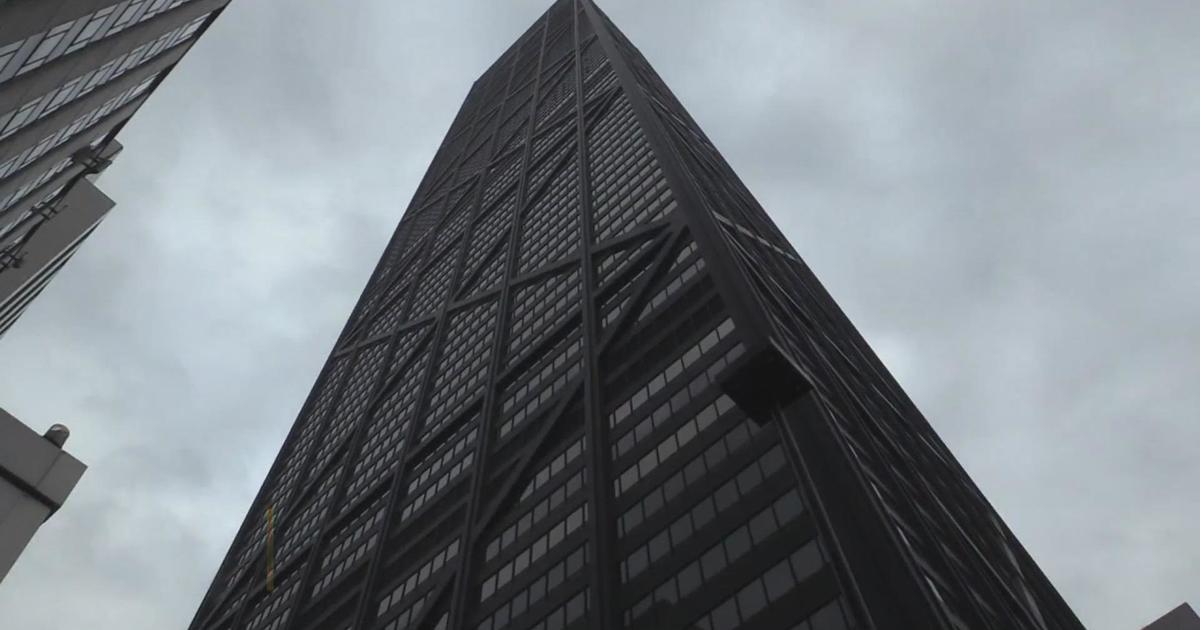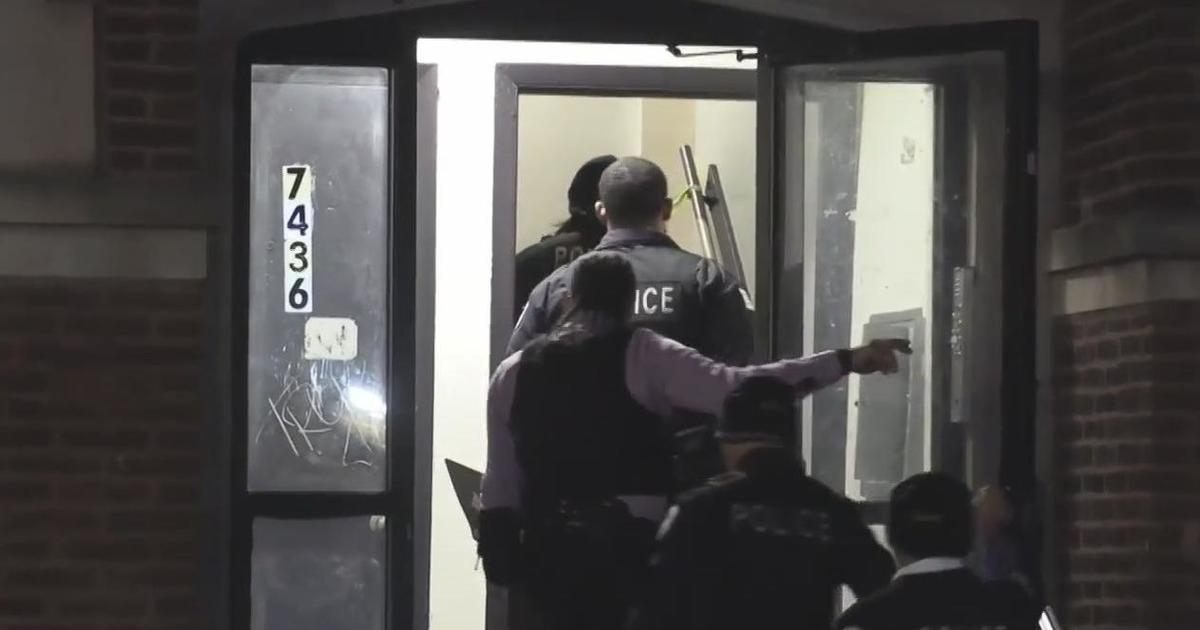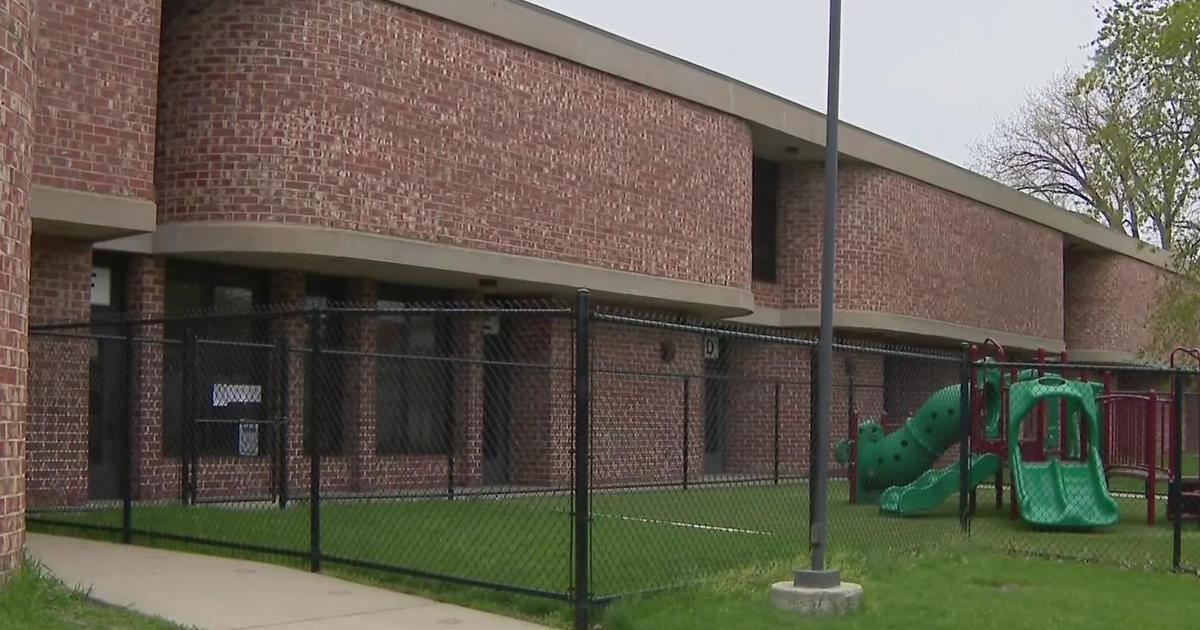ISP Enforcing Indoor Dining Ban As Local Governments Flout Restrictions
CHICAGO (CBS) -- As the race for a coronavirus vaccine nears the finish line, this weekend will likely look a little different for most. Indoor sports practices are canceled. Museums and movie theaters are closed. And indoor dining is banned. But new numbers from Illinois State Police show dozens of restaurant owners are still allowing people to eat inside
In Chicago the message from city hall is clear: Restaurants allowing indoor dining will have their licenses taken. Only outdoor dining and takeout are allowed.
But in many areas of Illinois, city halls are not in step with the governor. Some mayors are even instructing local police to look the other way on enforcing the indoor ban.
RELATED:
- Suburban Restaurants Could Be Criminally Charged For Defying Governor's Indoor Dining Ban
- 'We Close Down Again We Won't Survive It': Restaurants Defy Governor's Indoor Dining Ban
"It's important for us to do what we think is the best for our community and our folks," the mayor of Woodstock said.
What is best is to continue indoor dining, according to some suburban mayors.
It is the health of Main Street versus what the governor calls the health of the state.
"What is it going to take to get you to become part of the solution?" Pritzker said earlier in the week.
The mayor of Woodstock said local police would not go in to stop indoor dining but would go in if restaurants violated local policies.
Also From CBS Chicago:
- With PlayStation 5 In High Demand, Oak Forest Brothers Learn Hard Way That Scammers Are Taking Advantage
- South Suburban Homeowners Have Seen Staggering Property Tax Bill Increases, Officials And Residents Want To Know Why
- Neighbors In Horror After 3 Hunting Dogs Take Over Block In Ashburn, Maul And Kill Shih Tzu
Cities like Woodstock and McHenry have drafted policies allowing indoor dining as long as group sizes are limited to six household members, tables are separated by 8 to 10 feet and mandatory reservations are made.
But can mayors just flout the orders of a governor?
"Depends on whether you're asking the practical or legal question," said Shelia Foster, who teaches local government at Georgetown University. "Practically, yes, mayors can flout a governor's order. Legally they're not supposed to. The point of having a state and local government is to take into account state public health safety, whereas local officials really take into account their own. So when mayors flout it, they're saying that there's a conflict."
State police do take orders from the governor and enforce the policies. They have investigated 100 complaints from local police departments.
At least 105 businesses have been visited by public health and ISP. Five misdemeanors have been issued for violators, all to downstate businesses. Twenty-five local health departments have asked for their help after operators failed to comply.
"If you believe this is not about an on/off switch, whether you completely shut down or not, but about a dial down and more targeted responses, I think that's a reason to give mayors a lot more room here. Even in an emergency, particularly an emergency that goes on for so long," Foster said.
The most bulletproof way for a mayor to thumb his or her nose at the governor and protect businesses seeking cover from city hall is to fight it in court. Thus far, none have won that.
The Michigan Supreme Court ruled that Gov. Whitmer lacks the authority to extend or declare states of emergency related to COVID-19. The Democratic governor issued an executive order declaring a state of emergency in March and expanded it via another executive order in April. The Republican-controlled legislature passed a resolution to extend the state of emergency, but only until April 30. The Supreme Court said the legislature needs to extend the action, and the governor can't do that unilaterally.



